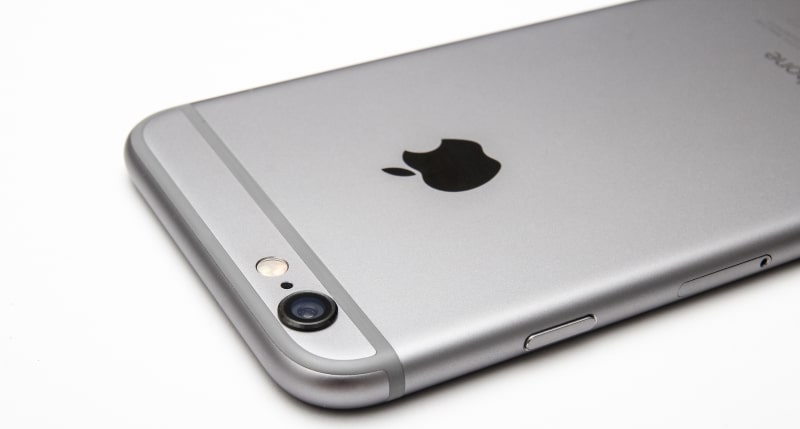iPhone Unlock Perused After Defendant Pleads Guilty
Gareth Andrews / 9 years ago

In recent years, technology has evolved in such a way that the law is often trying to catch up with the technology that comes out. In the last few months, technology companies have come to odds with the government regarding a range of topics but none more so than encryption.
Encryption is the process of messing up information in a logical way so if you just so happen to bump into it (or catch it on purpose), unless you were meant to read it you are unable to (or at least find it difficult). Apple has recently come at odds with the U.S. government as they have been asked to unlock (effectively disabling the protection and encryption on) an iPhone. The case just got more interesting though with them claiming that they should still unlock the phone after the defendant pleaded guilty.
The government quoted a law written in the 18th Century called the All Writs Act. A writ is essentially an order for a company or person to perform an action, and its use has displeased many people, with Ken Dreifach (the attorney representing Apple) clarifying why this is a worrying use of an old power,
“The government could seemingly co-opt any private company it wanted to provide services in support of law enforcement activity, as long as the underlying activity was authorized by a warrant. The All Writs Act does not confer such limitless authority.”
Even though the defendant, Jun Feng, has since pleaded guilty to one count of conspiracy to distribute and possession with intent to distribute methamphetamine, the prosecutors are still requesting that Apple unlock the phone just in case it contains information that could help other “ongoing” cases. The iPhone in question is running iOS7, as of iOS 8 Apple have enabled full encryption in an act it has stated would prevent them from complying with such orders.
Do you think Apple should unlock the phone? Should companies be forced to perform any action they can at the request of a court?



















